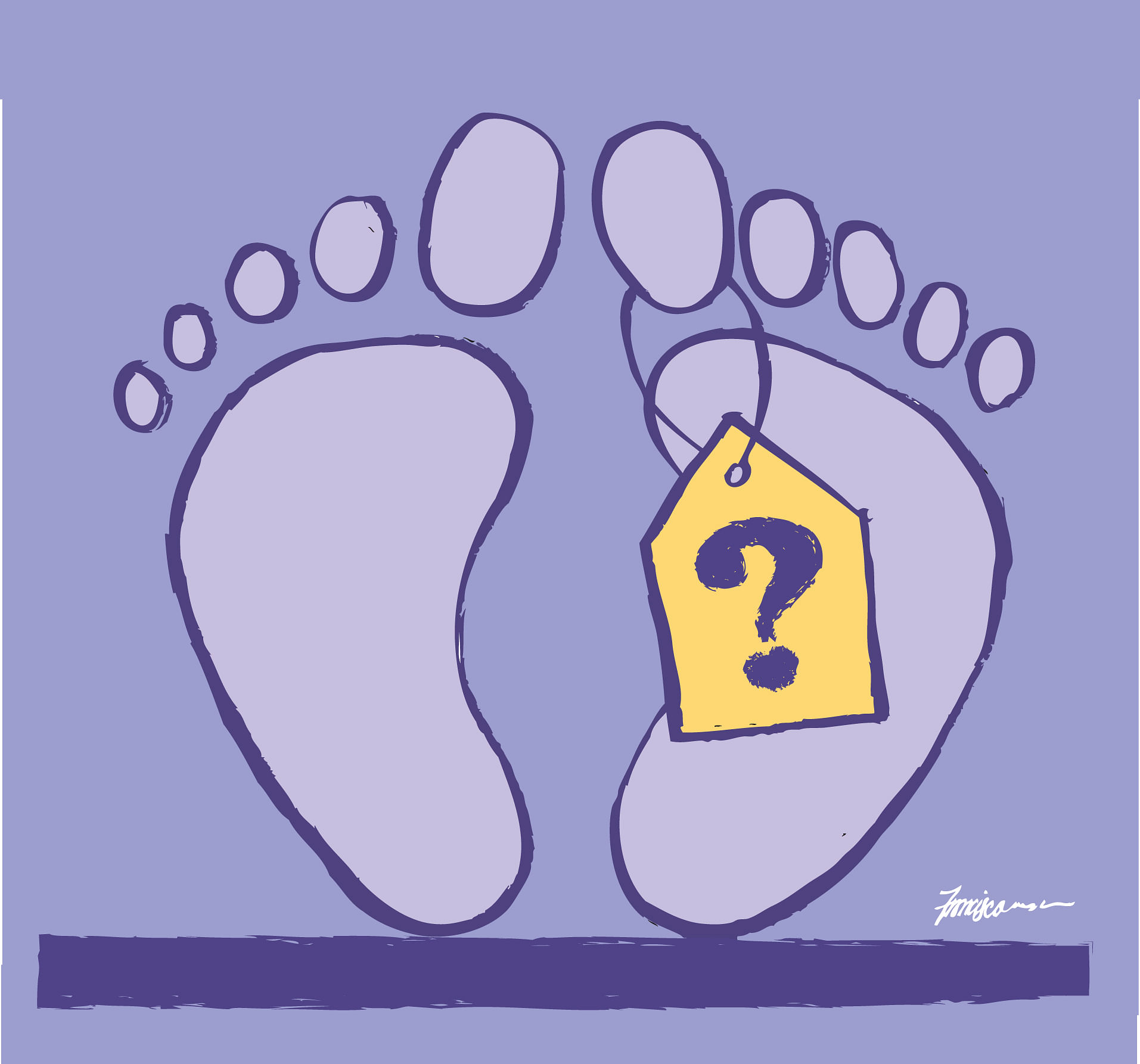She spent 17 years in a home for the aged, with no visits from family or friends.
Two weeks ago, the 87-year-old died as she lived - alone. Her body went unclaimed, and a funeral parlour cremated it pro bono before scattering her ashes in the sea.
Every year, at least 100 bodies go unclaimed in Singapore's funeral homes and morgues. There they lie while the search goes on for their next of kin. While most bodies are then cremated, some are sent to hospitals and medical schools for education or research.
According to the Ministry of Health (MOH), an average of 15 unclaimed bodies a year were used for such purposes from 2011 to 2015.
In New York, debate has brewed over a new law that bans the use of unclaimed bodies as teaching cadavers without written consent by a spouse or the next of kin. Previously, officials there would appropriate unclaimed bodies for medical schools to dissect and mortuary schools to train embalmers.
In Singapore, controls are in place, said an MOH spokesman.

When a body has not been claimed after 24 hours, MOH's director of medical services may authorise the use of the body or any body part for purposes such as dental or medical education and research.
But the police must confirm that the next of kin or proper claimant is untraceable and approval must be sought from the State Coroner, he said, adding: "Typically, it takes a few weeks for the necessary approvals, as thorough checks must be conducted to ensure that the next of kin is indeed untraceable, and that there are no other claimants."
The vast majority of unclaimed bodies are those of the elderly, according to funeral directors, nursing homes and hospitals.
Ang Chin Moh Funeral Directors handles funeral arrangements for 70 to 100 unclaimed bodies a year. It is approached by hospices, charitable hospitals and social workers.
Chief executive Debbie Andres said: "Once all parties have confirmed the deceased has no next of kin... we prepare the deceased with care, provide a funeral casket, arrange for cremation and the appropriate religious rites of the deceased."
Such cases include those who were abandoned by family members after being checked into a nursing home. Others were estranged or had no next-of-kin details provided to the home.
"Some families do a few visits initially and stop visiting after they are unable to pay for charges due to financial difficulties, mental stress and other reasons," said Ms Andres.
Undertaker Roland Tay sees 20 to 30 cases a year. The case of the 87-year-old was referred to him by the Society for the Aged Sick.
Last week, he received a request to make funeral arrangements for a 69-year-old man who died at home from rectal cancer. He had been without next of kin after his sister died in 2014.
"It's very sad to see such cases... When they die, there's no one to take care of their funeral rites," said Mr Tay. If the dead person was estranged from family members, he announces the death in the newspapers so relatives can step forward.
The Health Sciences Authority has a forensic medicine division for cases where a doctor cannot certify the cause of death. It handles 40 to 75 unclaimed bodies a year.
"Where there is no immediate claimant, we work with the police to confirm the identity of the deceased... These bodies are generally retained in the mortuary for up to 21 days and occasionally longer if more time is needed to locate the next of kin," it said.

